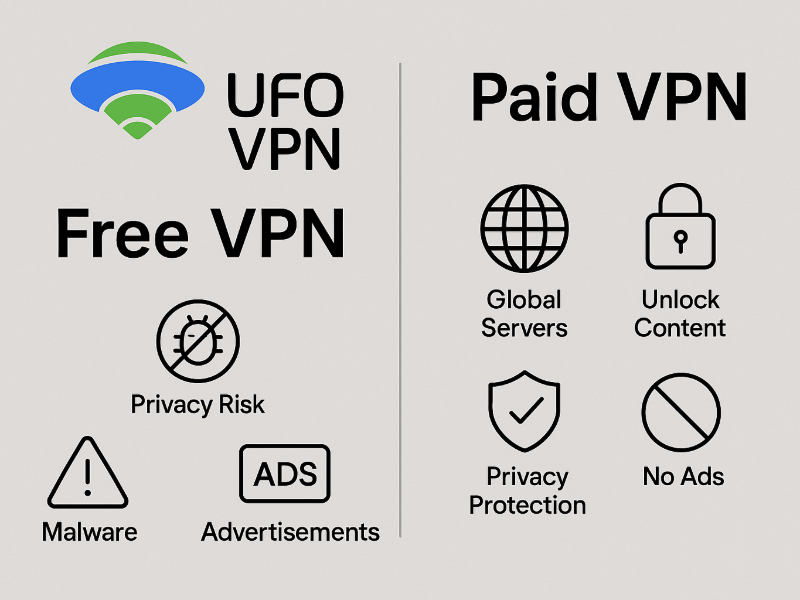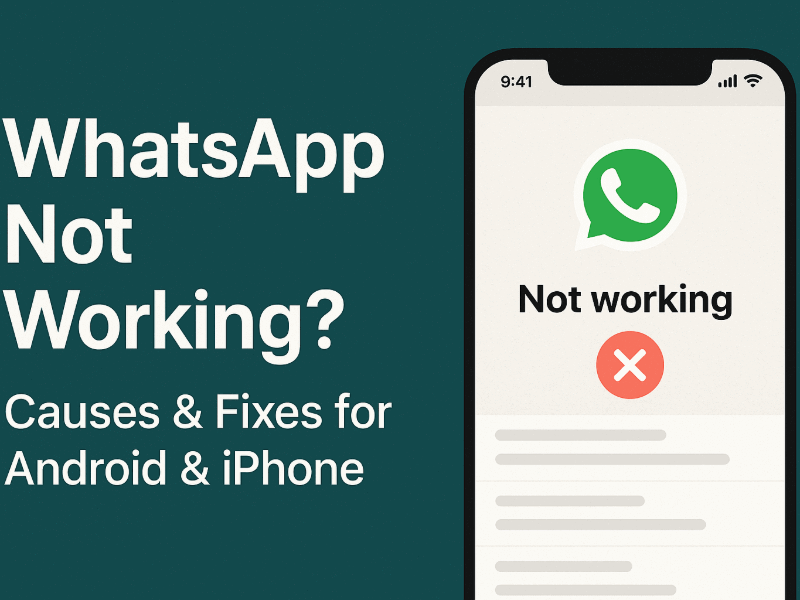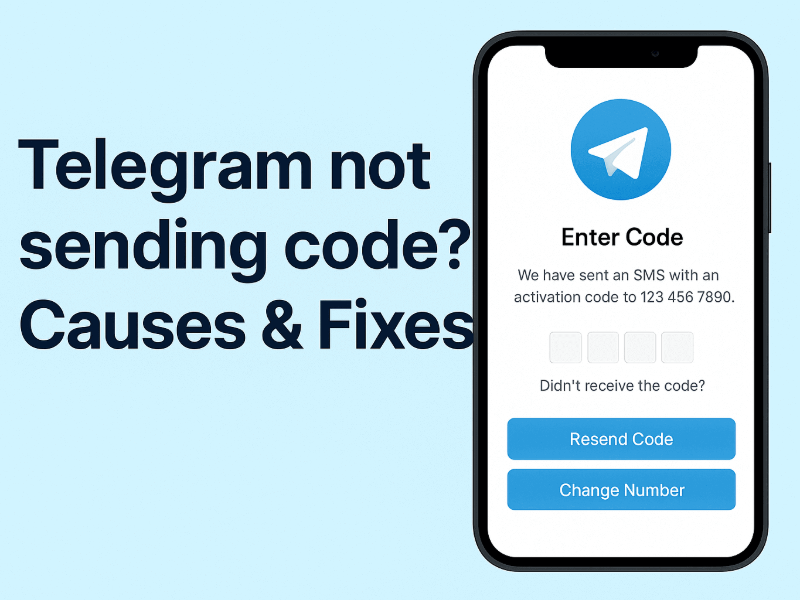What the Amazon Data Security Report Reveals

Key Findings in the Report
The Amazon Data Security Report highlights just how much data Amazon collects from its users and how that data is handled. Beyond just your name and shipping address, Amazon gathers account details, purchase history, payment methods, browsing habits, Alexa voice interactions, and even data from connected smart devices. This creates an incredibly detailed profile of each customer, which—while useful for personalization—also makes security a top concern.
The report also reveals that security threats are becoming more sophisticated. Hackers are constantly targeting Amazon because of its vast user base and financial transactions, while third-party sellers introduce additional risks, as not all sellers follow the same strict data security protocols. Many scams and fraudulent activities trace back to weak oversight or compromised seller accounts.
Another key finding is that customers often underestimate phishing attempts and scams. Fraudsters use fake Amazon emails, text messages, or lookalike websites to trick people into entering their login credentials or payment details. The report shows that even tech-savvy users can fall victim if they’re not vigilant.
In short, the report underscores the dual reality: Amazon is investing heavily in security, but user awareness and behaviour remain a crucial weak link.
Why This Report Matters to Consumers
This report is important because it highlights the real-life risks to your personal and financial data. Every time you shop on Amazon, you’re not just sharing your credit card number—you’re also sharing details about your interests, purchasing patterns, and even your household routines if you use Alexa or other Amazon devices. Think of this information as the digital equivalent of giving someone the keys to your house. If it falls into the wrong hands, the consequences can be severe: stolen money, identity theft, or long-term misuse of your personal information.
For consumers, the report serves as both a warning and a guide. It reminds us that while Amazon has strong systems in place, we as users must also take responsibility—by recognizing scams, protecting our accounts with strong passwords and two-factor authentication, and staying alert to unusual activity. The insights from this report empower shoppers to make smarter, safer choices when engaging with the world’s largest e-commerce platform.
How Amazon Collects and Uses Your Data
When you create an Amazon account, the platform collects your name, address, email, and phone number, forming the foundation of your digital identity. Every purchase you make, whether it’s groceries or electronics, is logged, building a detailed profile that Amazon uses for personalized recommendations. Beyond shopping, Amazon also tracks device and app usage across its ecosystem, including the Amazon app, Kindle, and Fire TV, recording your browsing and interaction patterns. For users of Alexa and other smart devices, voice commands and usage data are also collected, adding yet another layer of personal information connected to your account.
If you want to encrypt your Amazon data and account safely, why not try free proxy VPN in UFO VPN for a better shopping experience?
Main Security Risks Highlighted in the Amazon Data Security Report
Data Breaches and Hacking Attempts
- While Amazon invests heavily in cybersecurity, no platform is immune. Breaches can expose sensitive customer data.
Third-Party Seller Risks
- Not every seller on Amazon is trustworthy. Fake listings, counterfeit products, and data misuse are rising concerns.
Phishing and Fake Login Pages
- Scammers often replicate Amazon’s login page to trick users into giving away credentials. These attacks are alarmingly effective.
The Amazon Triangle Scam
- A sophisticated scheme where fraudsters use stolen credit cards to place orders, creating a web of deception that leaves both sellers and buyers vulnerable.
How to Protect Your Amazon Account and Data
Using a VPN for Safer Shopping

A VPN masks your IP address, giving you an added layer of anonymity. This not only protects your privacy but can also help you avoid location-based restrictions or scams that might target certain regions. By routing your traffic through secure servers, UFO VPN ensures that your online shopping sessions remain private, smooth, and safe.

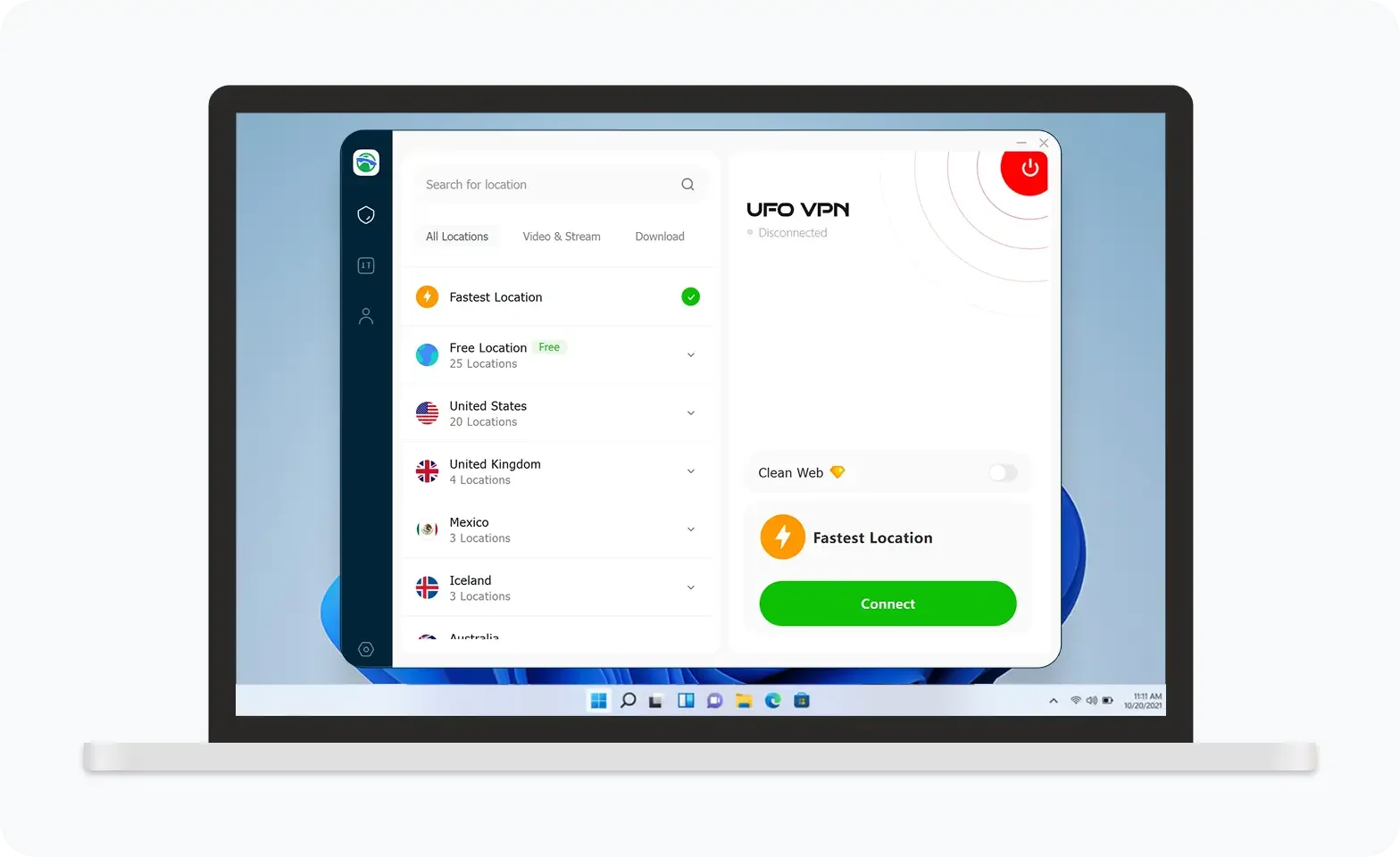
UFO VPN is an all-in-one VPN that offers unlimited access to 4D streaming like Netlfix, Disney Plus, no-ping gaming as PUBG, Roblox, CODM and social networking for YouTube, X, Facebook and more.
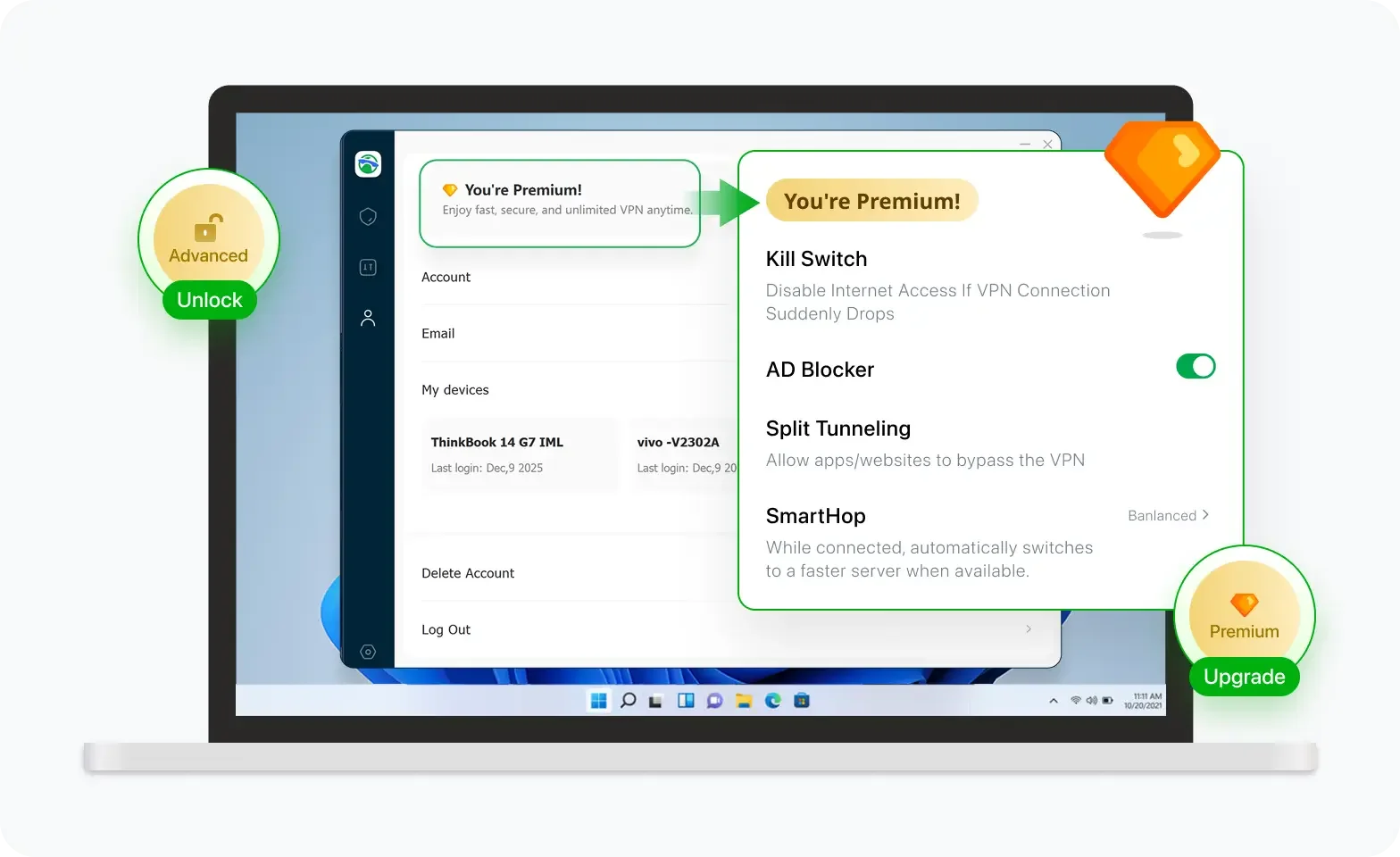
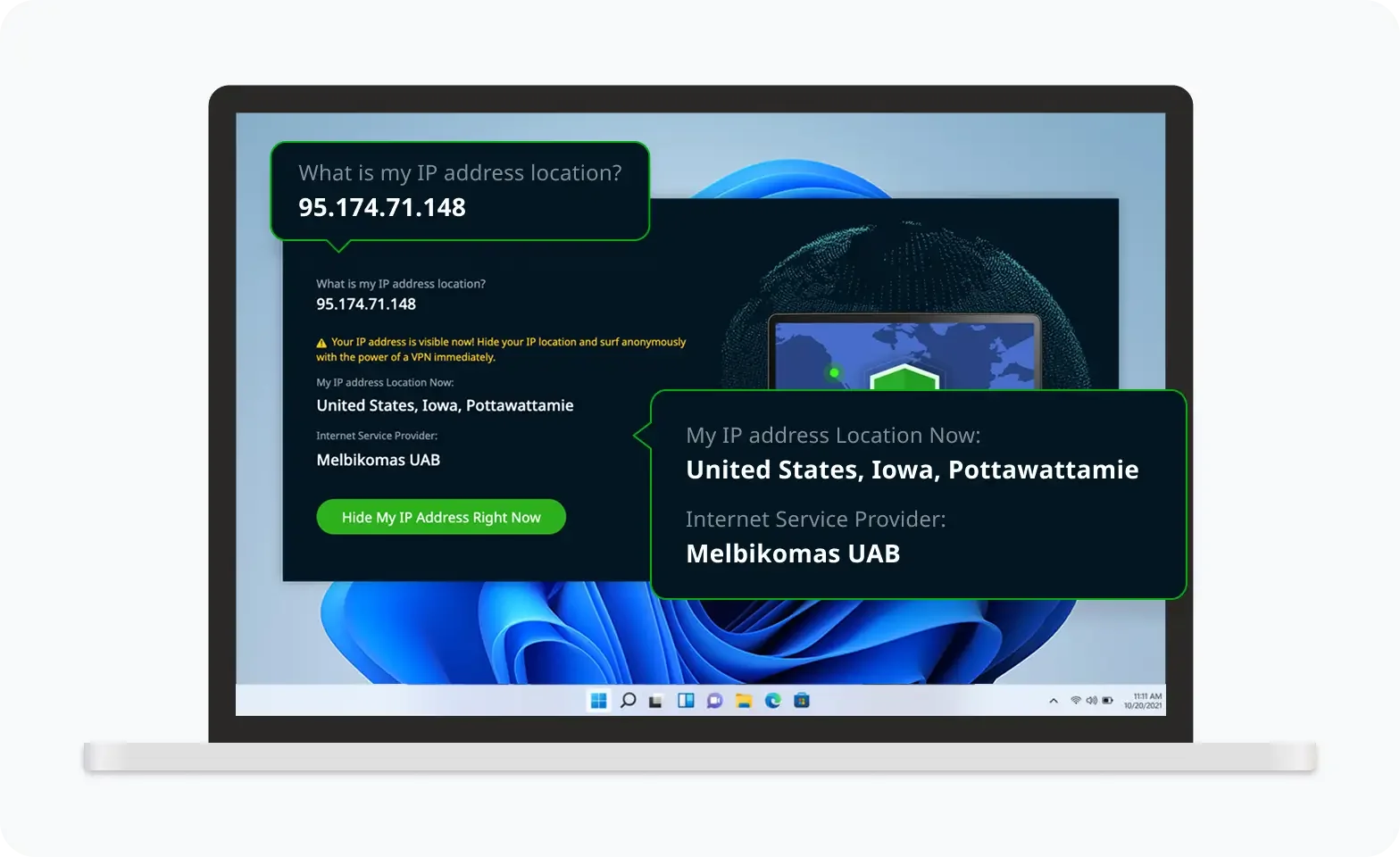
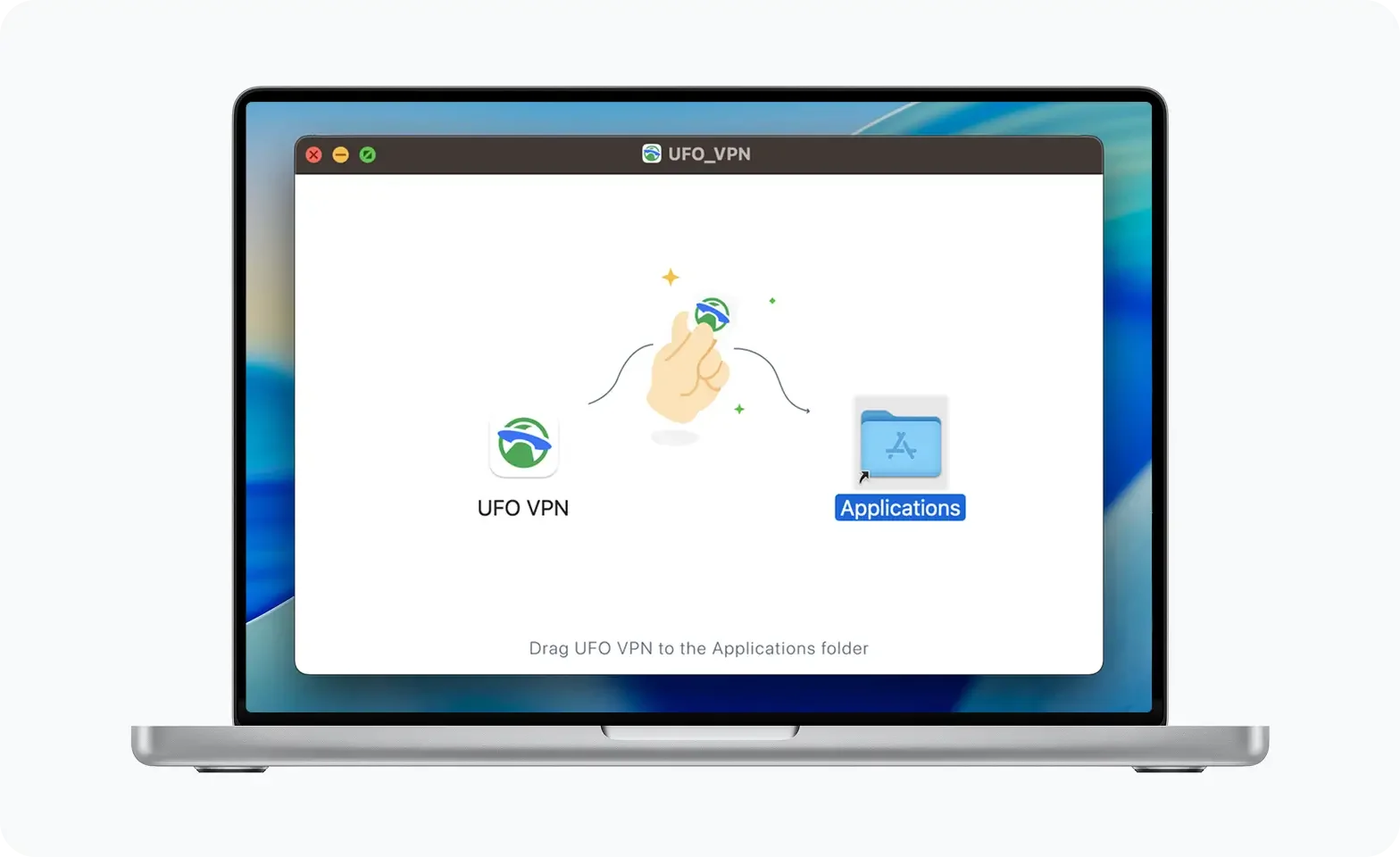
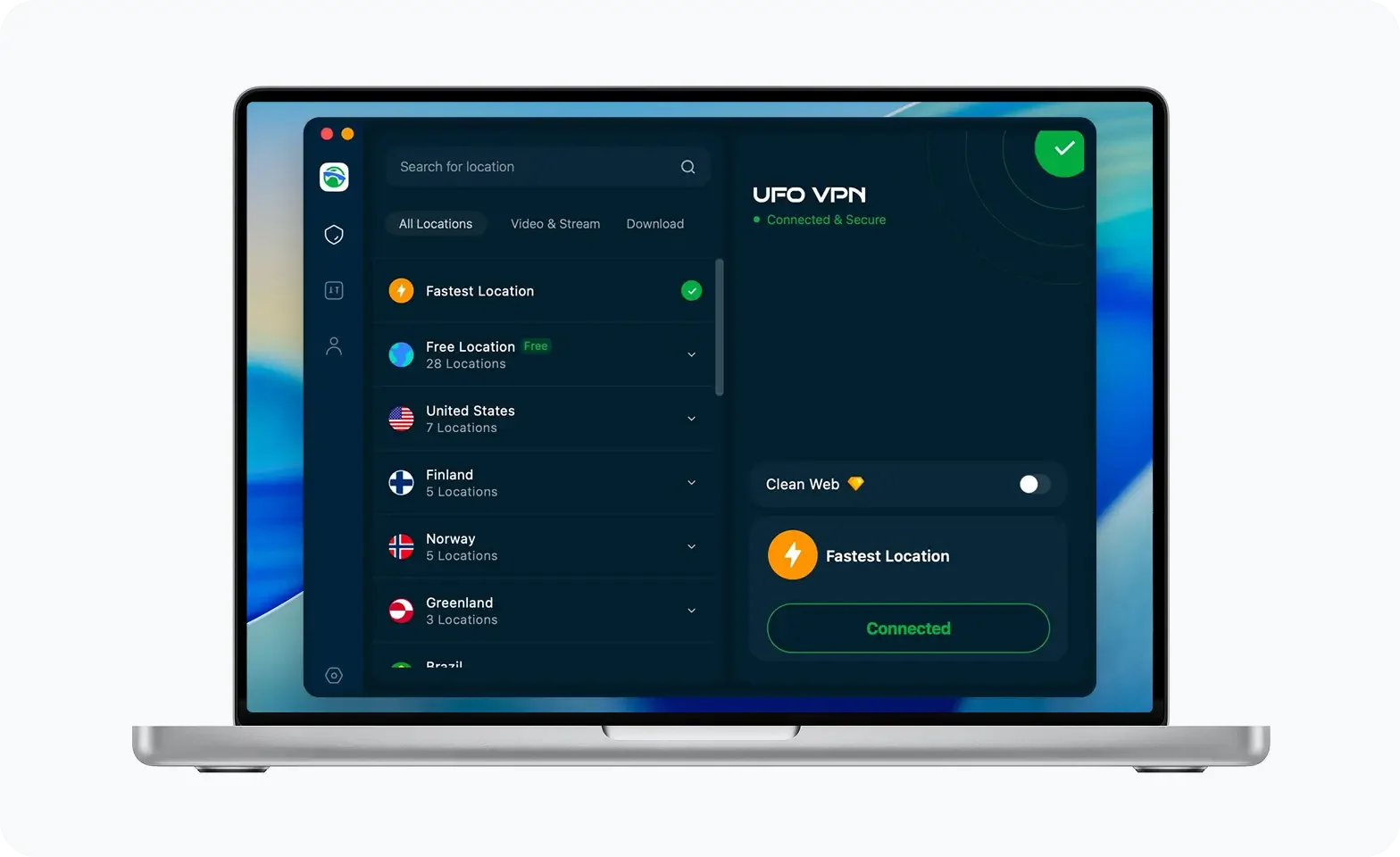
Unlock Pro Features
If you have upgraded to premium plan , feel free to enjoy premium servers for 4K streaming and advanced features like Kill Switch, Split Tunneling, and gaming acceleration. Your Mac is now fully optimized and protected. Inaddition to basic functions, we recommend you turn on

Verify Your IP Now
Use UFO VPN's " What is My IP " feature to see your new IP and location. This confirms your connection is secure, anonymous, and ready for safe browsing online anywhere at any time.

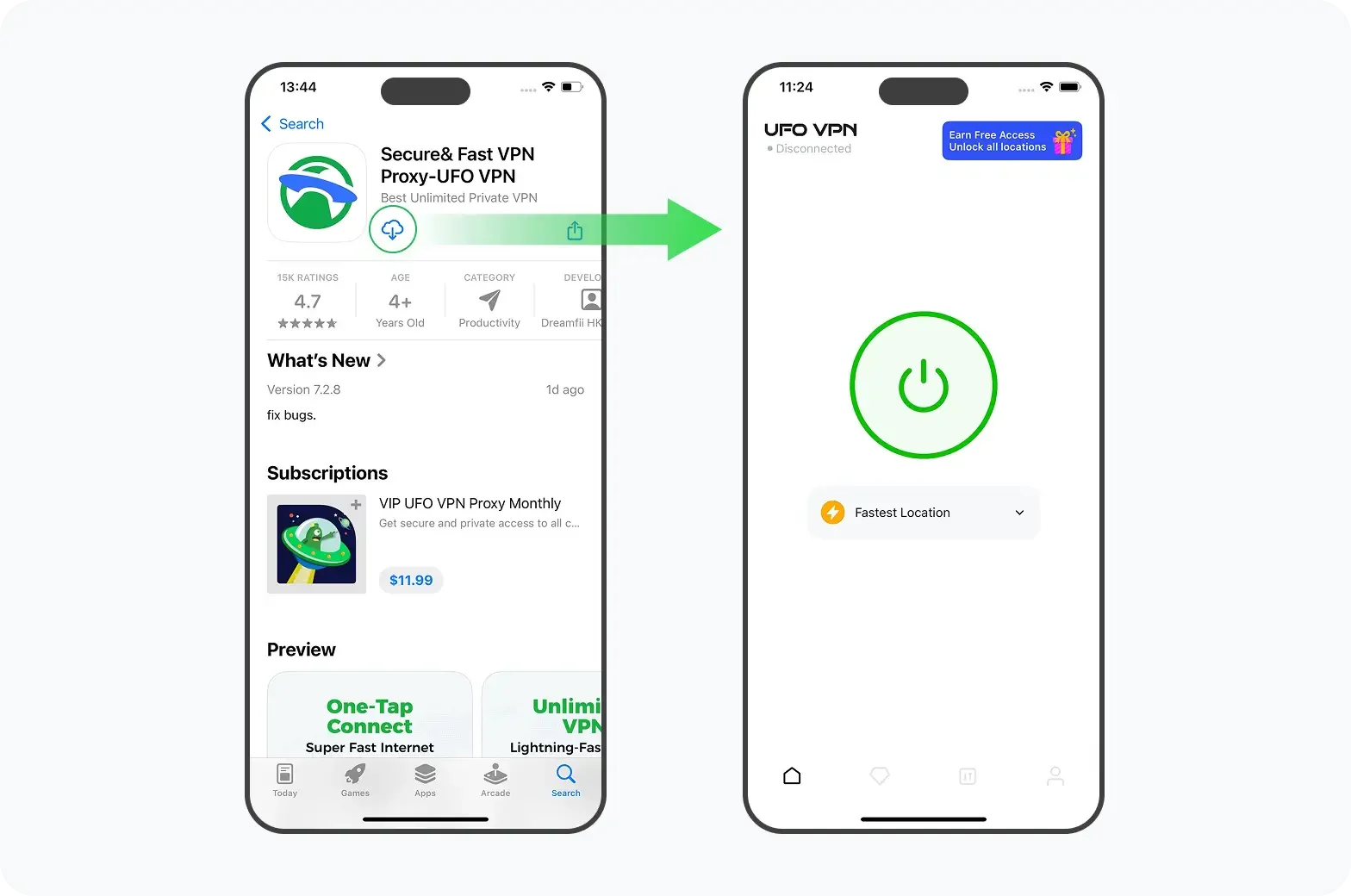
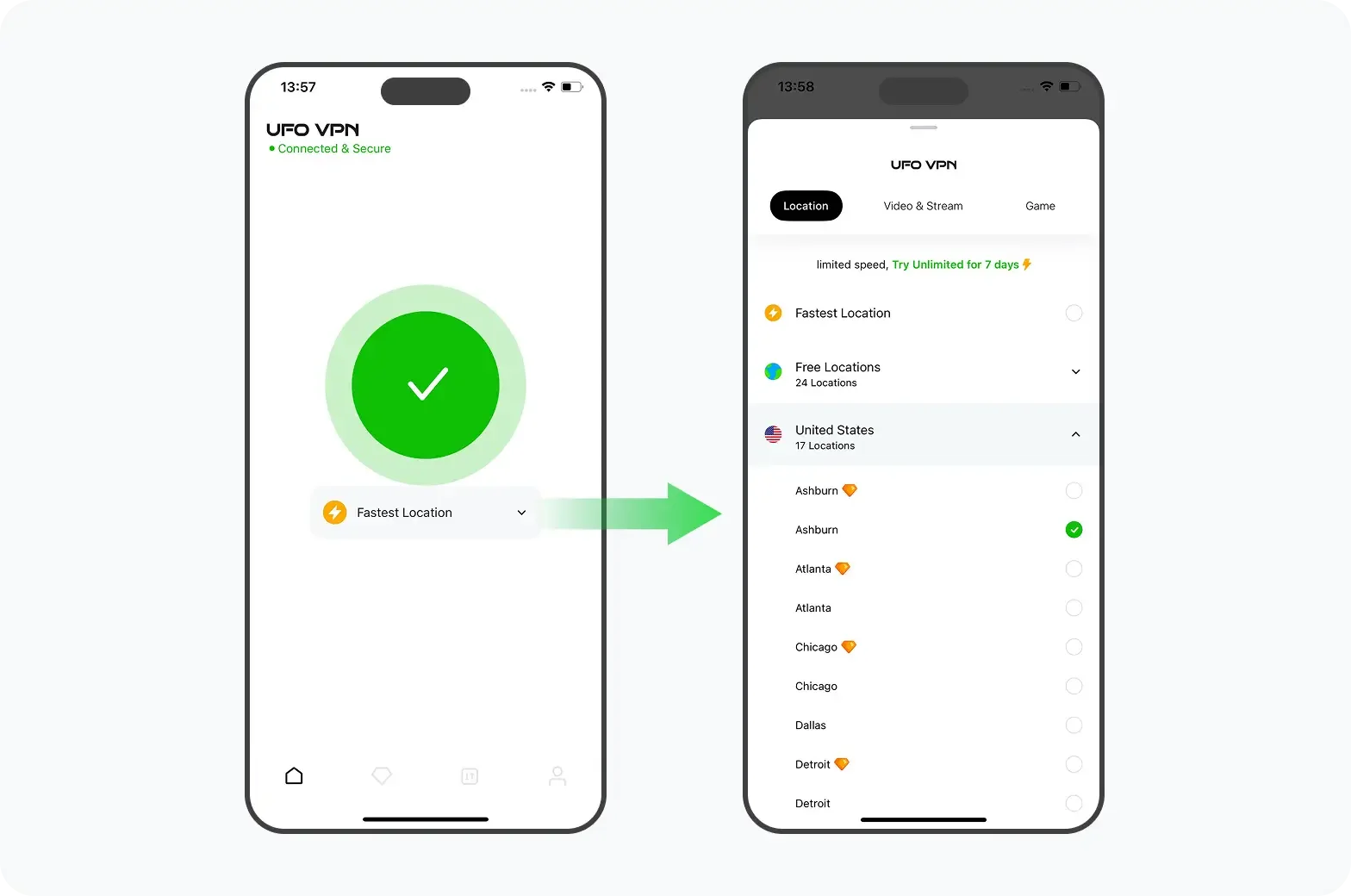
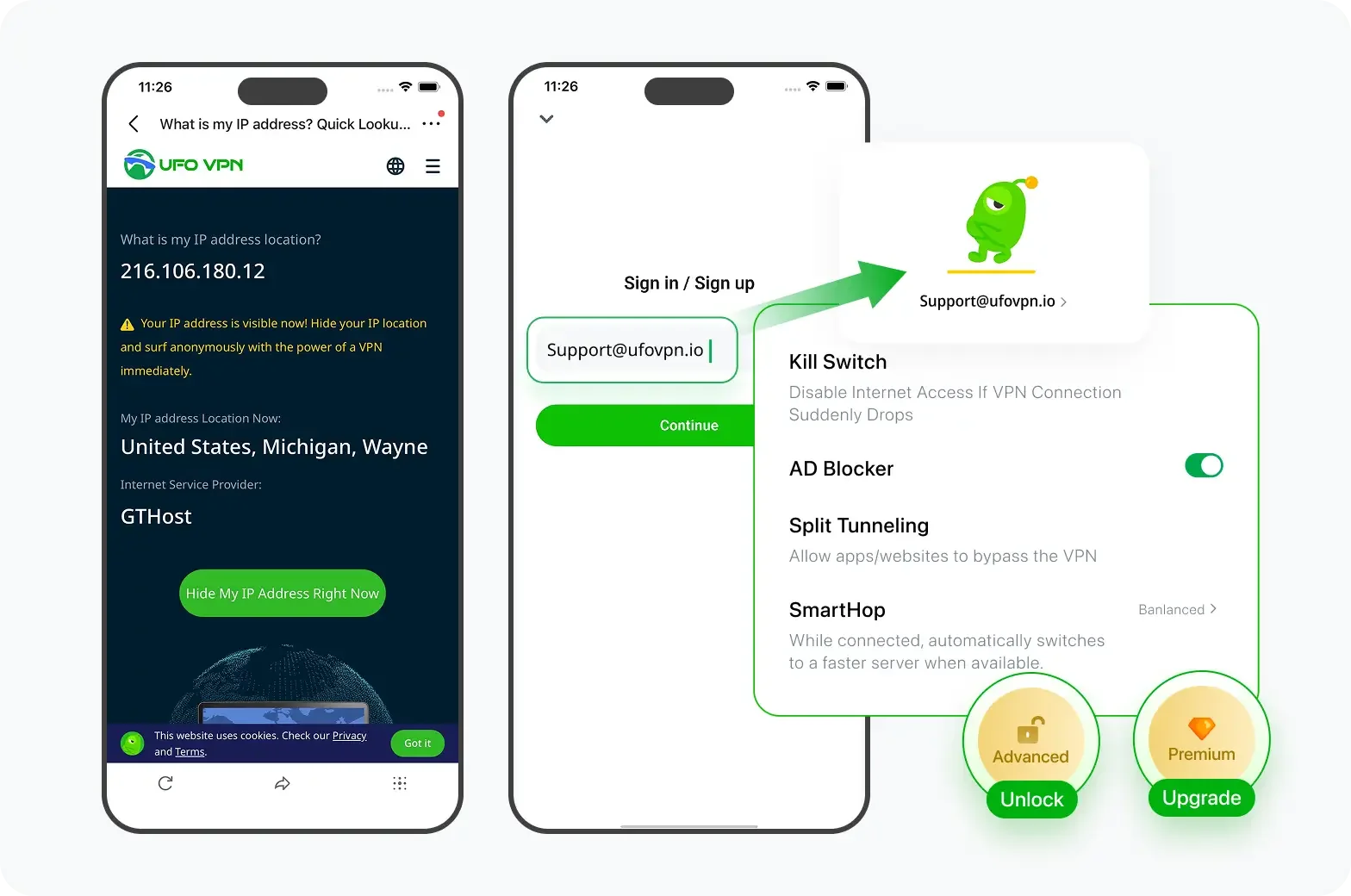
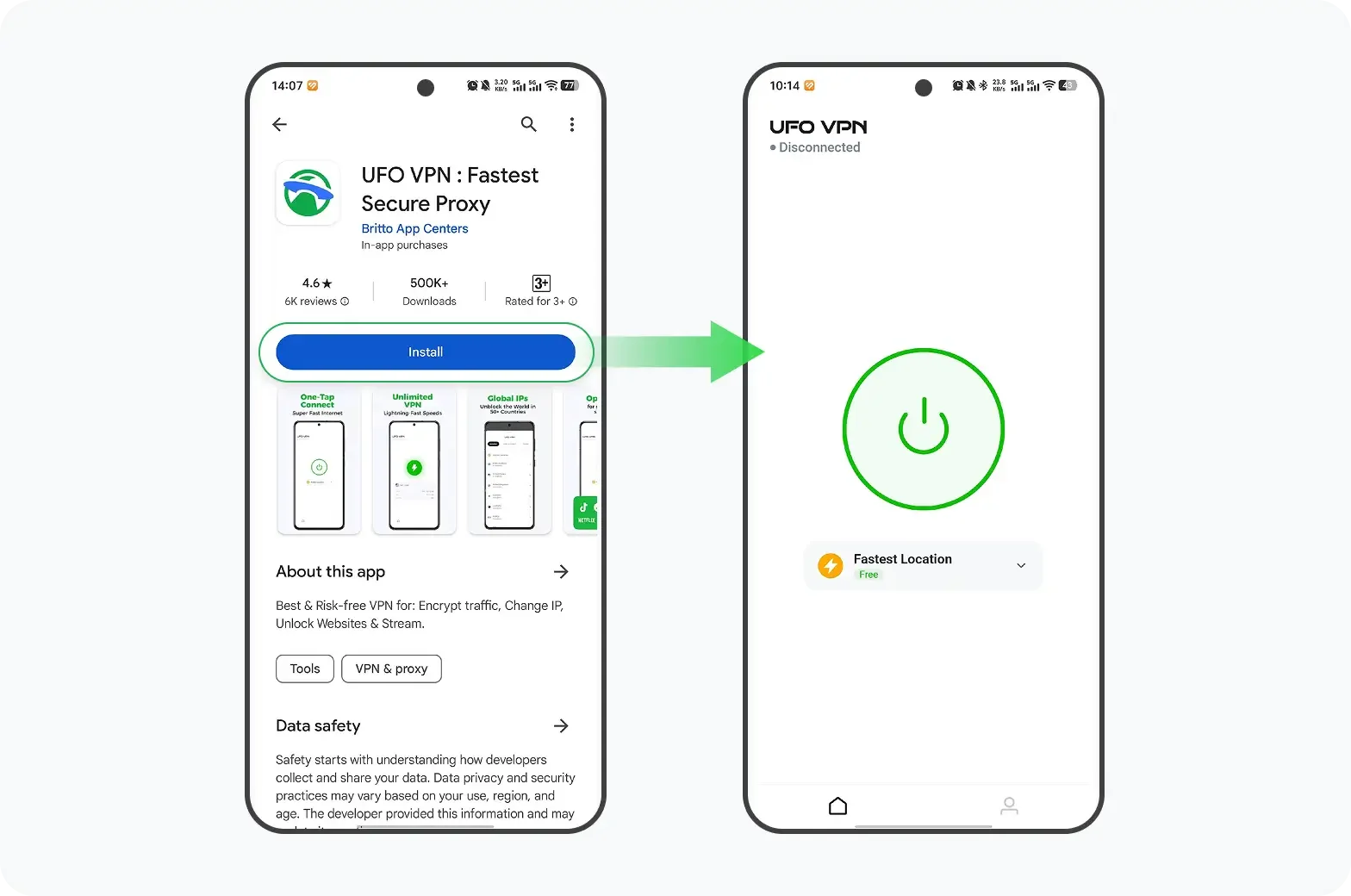
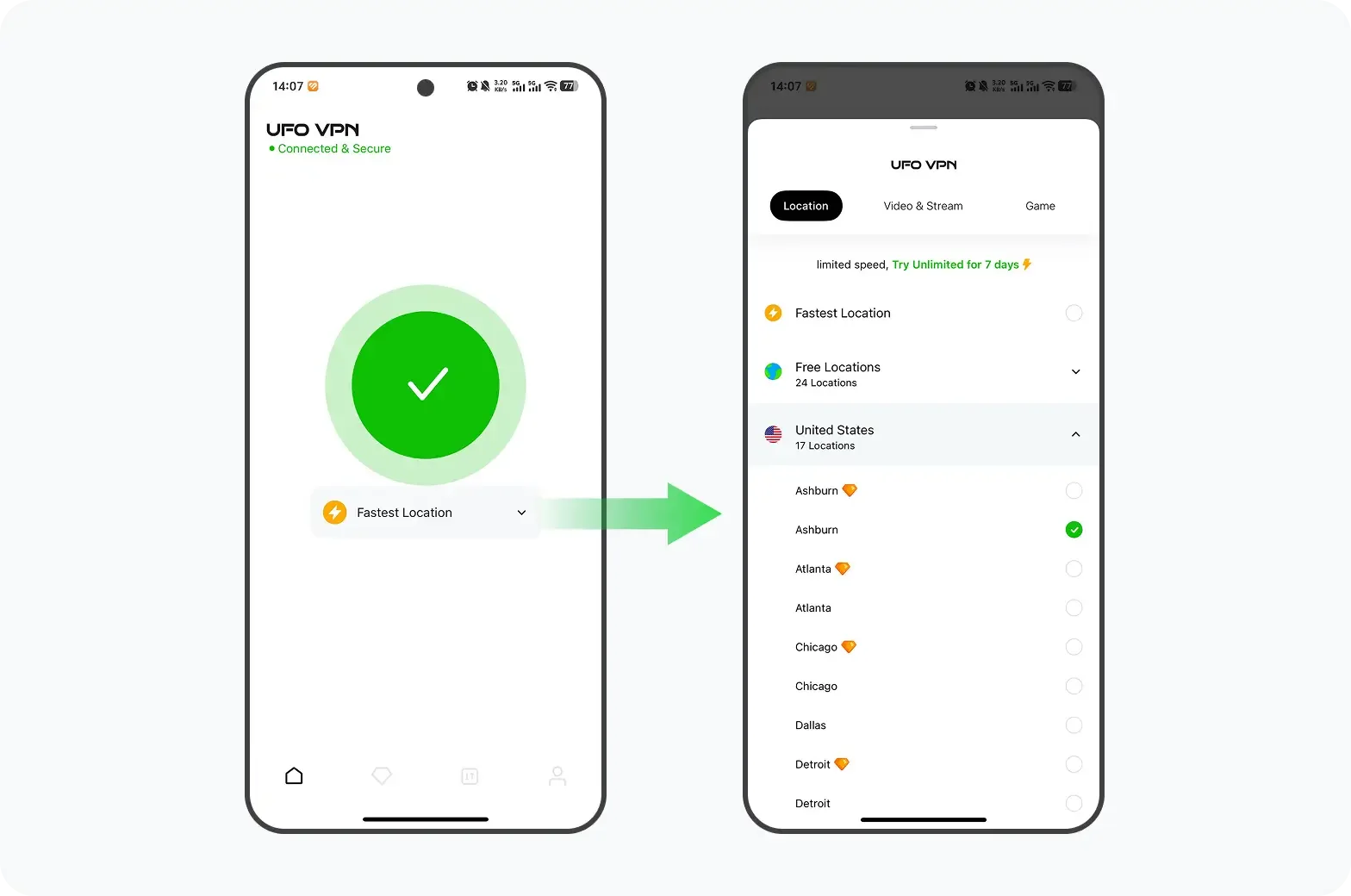
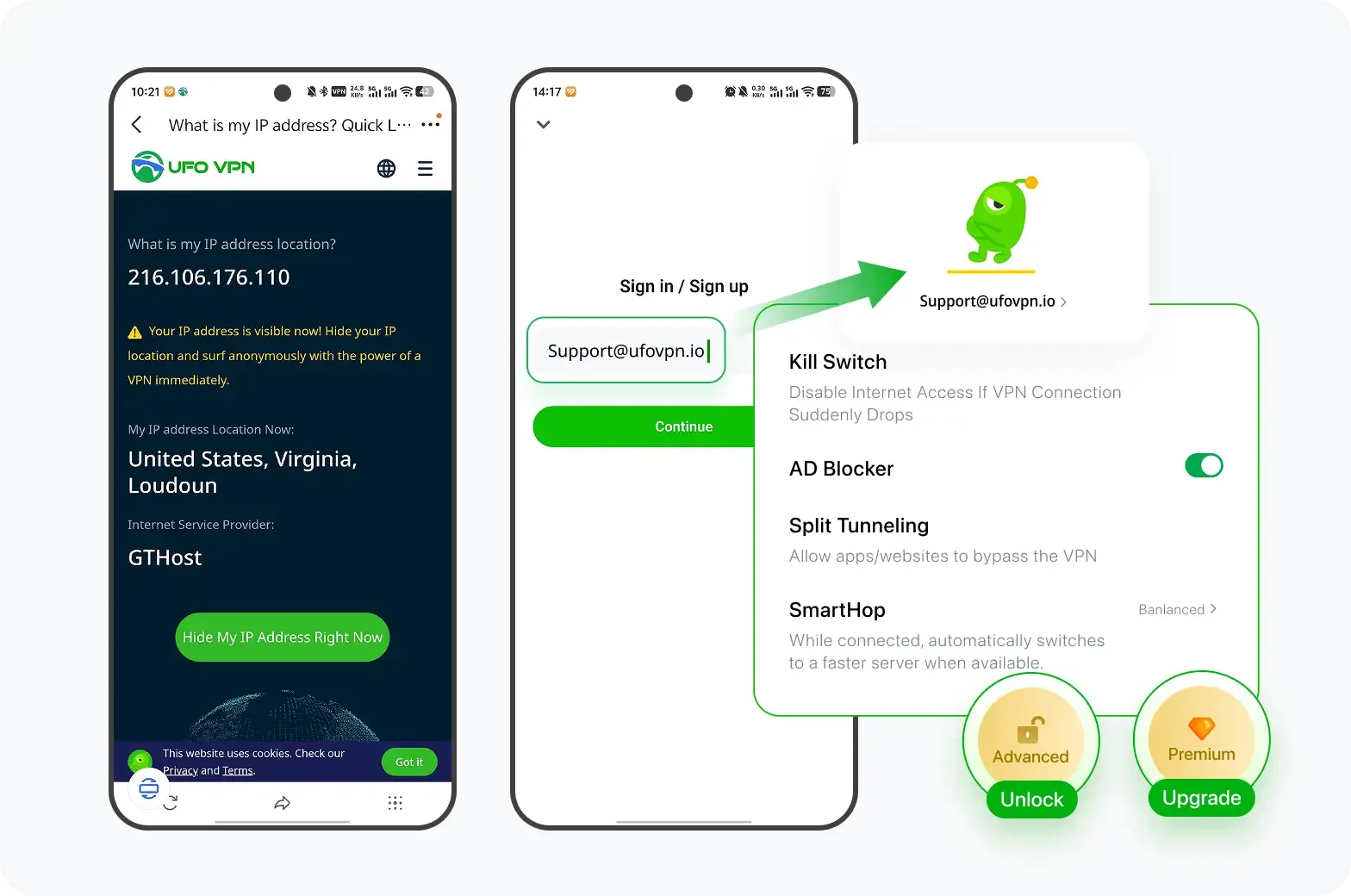
Using Strong Passwords and 2FA
A weak password is like leaving that vault unlocked. That’s why using complex, unique passwords is critical. Instead of reusing the same password across multiple platforms, create a strong one that combines upper- and lowercase letters, numbers, and special characters. A password manager can make this process easier by securely generating and storing them for you.
Additionally, enabling two-factor authentication (2FA) adds an extra layer of security to your vault. Even if someone manages to steal or guess your password, they would still need a second verification step—usually a code sent to your phone or authentication app. This significantly reduces the risk of unauthorized access, making it one of the most effective security measures you can take.
Monitoring Orders and Bank Statements
Even with strong preventive measures, it’s important to stay vigilant. Fraudulent activity often goes unnoticed until it’s too late, so make a habit of checking your Amazon “Your Orders” section regularly. Look out for any unusual purchases or orders you didn’t place.
Equally important is reviewing your bank and credit card statements. Some scammers may test your card with small, easily overlooked charges before attempting larger fraud. If you notice anything suspicious, report it to Amazon and your bank immediately. Acting quickly can minimize financial losses and prevent further misuse of your account.
Cultivating Safe Browsing Habits
Finally, your own browsing habits play a huge role in staying safe online. Avoid logging into Amazon from public or shared computers, as these may have keyloggers or malware installed. If you must use public Wi-Fi, always combine it with a VPN for extra protection.
Also, be cautious of clicking links in emails or texts claiming to be from Amazon. Always go directly to the official Amazon website or app instead of trusting links, which may lead to phishing sites. By cultivating mindful, cautious browsing practices, you reduce the chances of falling prey to scams and fraud.
Amazon Data Security vs Other E-Commerce Platforms
| Platform | Strengths | Weaknesses | Security Focus |
|---|---|---|---|
| Amazon | Advanced infrastructure security, transparent reporting | Still targeted by phishing and scams | Heavy investment in data protection and fraud prevention |
| eBay | Strong buyer-seller protection policies | Less focus on backend infrastructure security | Prioritizes transaction safety over system-wide data security |
| Alibaba | Robust security systems, global presence | Faces regulatory and compliance challenges | Balances platform security with government oversight issues |
| Walmart | Expanding online presence, growing digital investments | Lags behind Amazon in infrastructure and data security | Improving security but not yet industry-leading |
Future of Data Security at Amazon
Amazon leverages AI and machine learning to strengthen its security systems by detecting fraud patterns, blocking suspicious logins, and predicting potential threats before they escalate. At the same time, global regulations such as GDPR and CCPA are driving Amazon to tighten its data policies, ensuring that customer information is handled responsibly and in compliance with international standards. Together, these technological and regulatory measures create a stronger framework for protecting user data and maintaining trust.
Conclusion
The Amazon Data Security Report shows that while Amazon is a giant in e-commerce, it is also a giant target. Your personal data is valuable—and worth protecting. By practicing safe habits and leveraging Amazon’s security tools, you can shop with confidence.
FAQs
1. What is the Amazon Data Security Report?
It’s a detailed study of how Amazon collects, protects, and sometimes exposes user data.
2. Is my Amazon data completely safe?
No system is 100% safe, but Amazon employs strong measures. Risks mainly come from phishing and third-party sellers.
3. What’s the biggest threat to Amazon shoppers?
Phishing emails and scams like the Amazon Triangle Scam.
4. How can I secure my Amazon account quickly?
Enable 2FA, use a strong password, and check your order history often.
5. Should I use a VPN when shopping on Amazon?
Yes, especially if you’re browsing on public or unsecured Wi-Fi.


